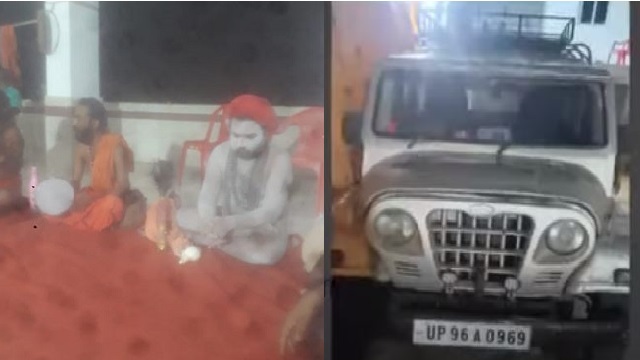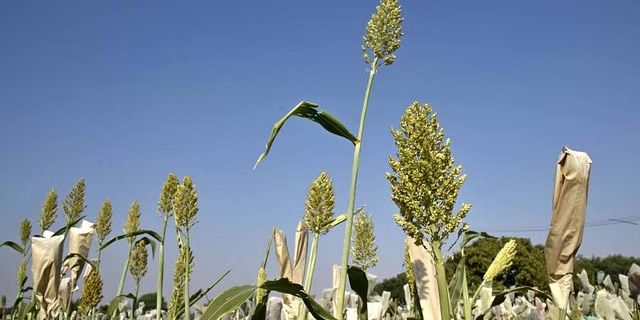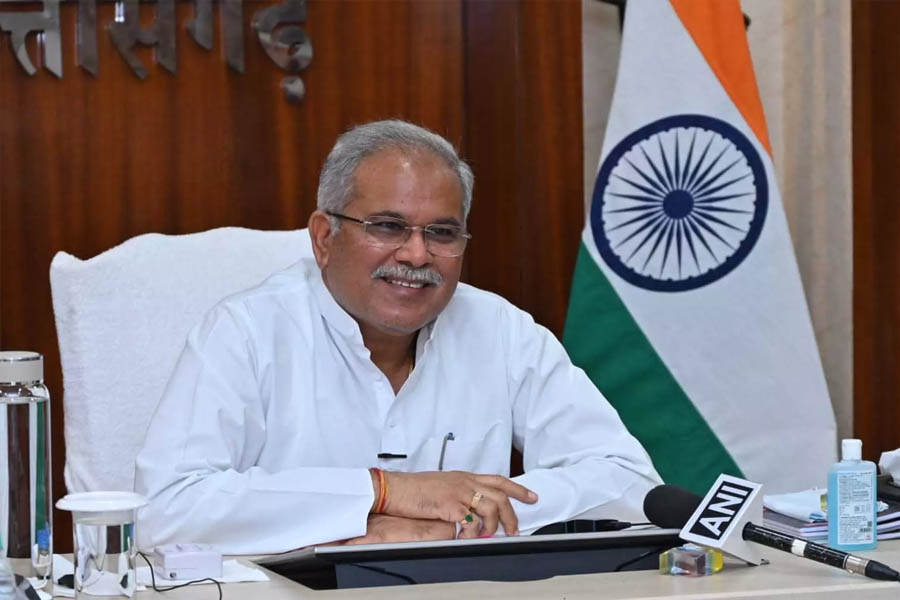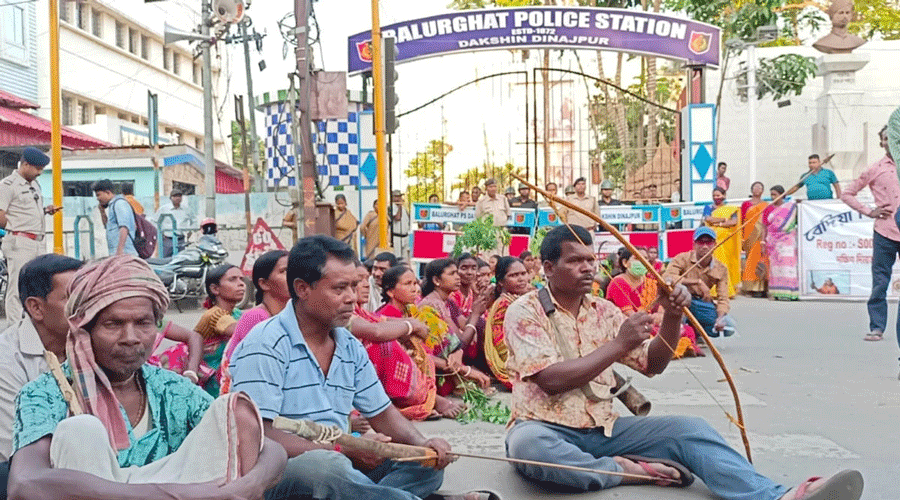BJP MP Sushil Modi on Monday advocated keeping tribals of the North East and other regions out of the purview of any likely Uniform Civil Code at a parliamentary panel meeting chaired by him while some opposition members questioned the Law Commission’s move to begin consultation on the contentious issue, sources said.
Most opposition members, including those from the Congress and the DMK, linked the push for a UCC to the next year Lok Sabha polls, sources said, adding that Shiv Sena’s Sanjay Raut noted that many countries had a common civil law while calling for looking into concerns of different communities and regions. He also questioned the consultation’s timing.
Congress MP Vivek Tankha and DMK MP P Wilson submitted separate written statements questioning the move of the Law Commission, which was represented in the meeting by its member-secretary K Biswal, to invite suggestions on UCC from people and other stakeholders. They noted that the previous Law Commission, the term of which ended on August 31, 2018, had described the UCC “neither necessary not desirable” at this stage.
Congress’ Manickam Tagore also questioned the intent behind the move and linked it to the polls. BJP’s Mahesh Jethmalani, however, made a strong defence for the UCC as he cited debates in the constituent assembly to assert that it was always considered imperative.
Sushil Modi in his comments pitched for keeping tribals, including those in the North East, out of the ambit of any proposed UCC and noted that all laws have exceptions. It was also pointed out in the meeting, sources said, that the central laws are not applicable in some North Eastern states without their concurrence. Law Commission officials said so far, 19 lakh suggestions have been received on the consultation started by it following a public notice brought out on June 13. The exercise will continue till July 13. Sources said that 17 out of 31 members of the panel attended the meeting.




